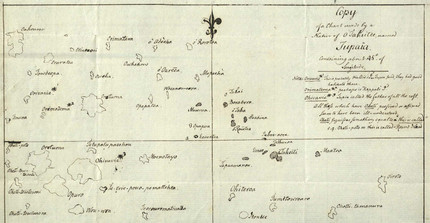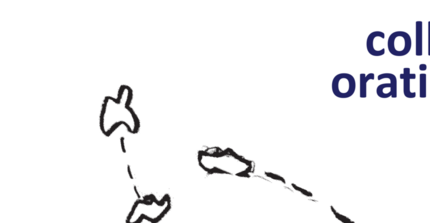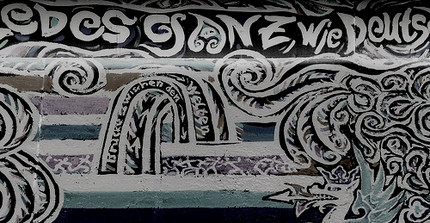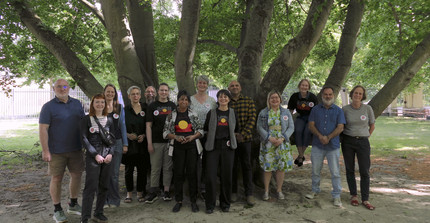
Overview
Cultural Studies is an interdisciplinary field that analyses the production of socially relevant meanings across various forms of cultural representations, including literature, film, music, performance, exhibitions, video games or social media. In our research and teaching we analyse these representations with the aim of developing a better understanding of the political, social and economic interests of individual actors or groups that are inscribed in these cultural texts. We are particularly interested in how these representations establish, justify, sustain or destabilise ideologies of gender, race, class, age, ability and other categories of difference. In keeping with the decolonial/postcolonial orientation of literary and cultural studies in our department, we draw on a range of Anglophone cultural studies traditions and apply these in our analysis of concrete cultural productions – contemporary, as well as historical – from Anglophone societies around the world. Building on these traditions, our work increasingly also addresses material-semiotic phenomena that emerge from nature-culture assemblages.
Ideas about gender and sexuality differ geographically, they change over time, and these changes are reflected in and influence culture. The research unit Gender and Queer Studies builds on the knowledge produced by social movements, namely feminism, the gay and lesbian liberation movements, the transgender rights movement, queer politics, and AIDS activism to ask how constructions of gender and sexuality intersect with other dynamic categories of difference, such as race, class, disability, and age. Understanding gender and sexuality as cultural constructions does not contradict addressing their felt and material consequences. We thus combine a poststructuralist approach to constructions of gender and sexuality with a phenomenological perspective on bodily experiences and lived experiences.





